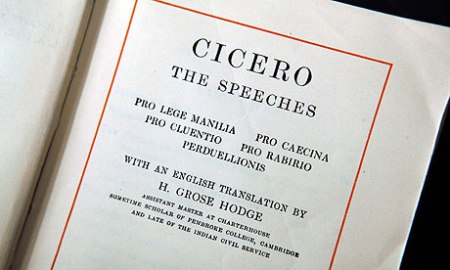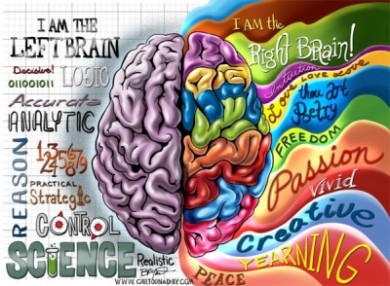
Imminent changes to A Level, GCSE and Post-16 funding may leave you feeling nervous. But don’t panic! Stay in the know with our FREE document on curriculum changes to help with prospectus planning. It lists all the dates to be aware of including the start of linear A Level Teaching and the new GCSE Maths and English qualifications. It also contains vital questions you should be asking yourself in the run up to the changes, such as:
- Should you put all new linear subjects together in the prospectus saying that additional
information will be made available as you get it? - Should all students be entered for AS or should criteria be based on likely academic
achievement? (feedback from most of our schools suggests that they will continue to run
with 4 AS levels moving to 3 linear A Levels. University admissions staff we have spoken to
are also planning to continue to consider the AS results in making their decisions) - How do you make up the 540 guided learning hours in Year 13 if students are only taking 3
AS Levels? - Move to 600 GLH is expected – how will you manage this internally?
To get YOUR FREE guide today, click here: Curriculum changes and Prospectus Planning and stay clued up about curriculum changes and how they may affect you and your school.





